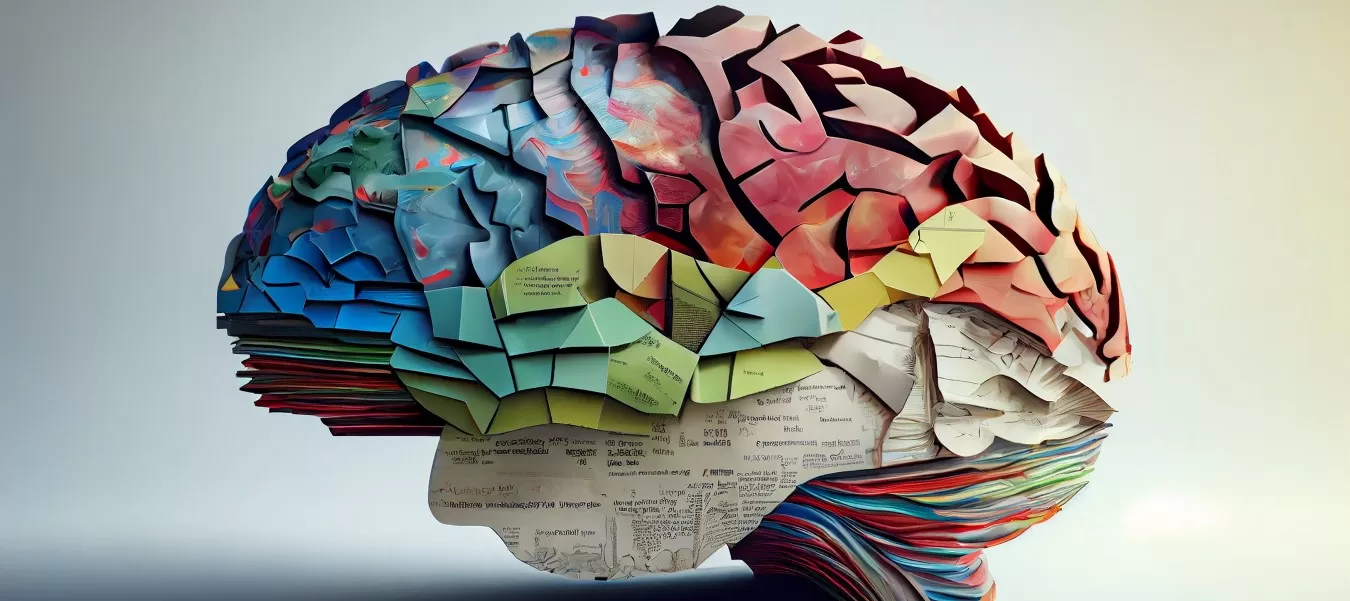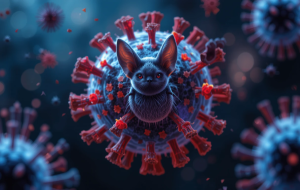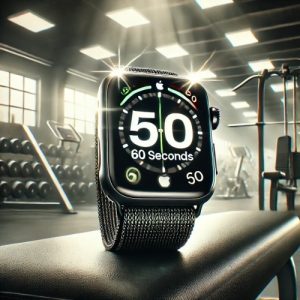Rewiring Our Reward System: Can Science Untie the Knots of Addiction?

Rewiring Our Reward System: Can Science Untie the Knots of Addiction?
Imagine your brain as a bustling cityscape, its neurons pulsing like neon signs and synapses buzzing like rush hour traffic. Now, picture addiction like a rogue graffiti artist, scrawling chaotic murals over these familiar pathways. That’s what scientists are discovering: alcohol and drugs aren’t just temporary visitors, they’re urban planners, re-routing our brain’s reward system at the genetic level.
But unlike any graffiti crew we’ve ever faced, this one leaves not just paint stains, but scars. Recent research, mostly in animal models so far, is showing how addictive substances alter gene expression in key areas like memory and reward. They hijack the system, turning up the volume on pleasure and dimming the dimmer switch on consequences. This explains the cravings, the compulsive behaviors, and the relentless pursuit of that next hit – it’s literally our brain rewired to prioritize addiction over well-being.
But hey, this isn’t just doom and gloom grafitti – it’s an urban renewal project in the making! Understanding how addiction rewires us paves the way for groundbreaking countermeasures. Imagine gene-based therapies, like molecular paint removers, erasing the addictive murals and restoring the natural flow of brain traffic. We’re talking about targeting specific signaling pathways, tweaking how circuits function, and maybe, just maybe, unwiring the hold that addiction has on millions.
It’s still early days, mind you. We’re in the blueprints phase, sketching out the possibilities. But the excitement crackling in the scientific community is palpable. Researchers are exploring everything from medication tweaks to personalized therapies based on genetic predispositions. It’s a long road ahead, but who knows, maybe one day we’ll have brain-based addiction antidotes as readily available as aspirin for a headache.
In the meantime, this research throws a spotlight on the power of our choices. While we can’t control our genes, we can control our environment. A healthy lifestyle, strong support systems, and evidence-based treatment are still the pillars of breaking free from addiction. Remember, every decision, every step towards recovery, is like laying down fresh pavement, re-routing our own brain traffic away from the dark alleyways of addiction and back towards the sunlit avenues of well-being.
So, let’s keep the research fire burning, support those struggling with addiction, and remember – our brains are adaptable, they can be rebuilt, and with a little scientific TLC, maybe someday we can all paint a brighter future, free from the grip of addiction’s graffiti.






